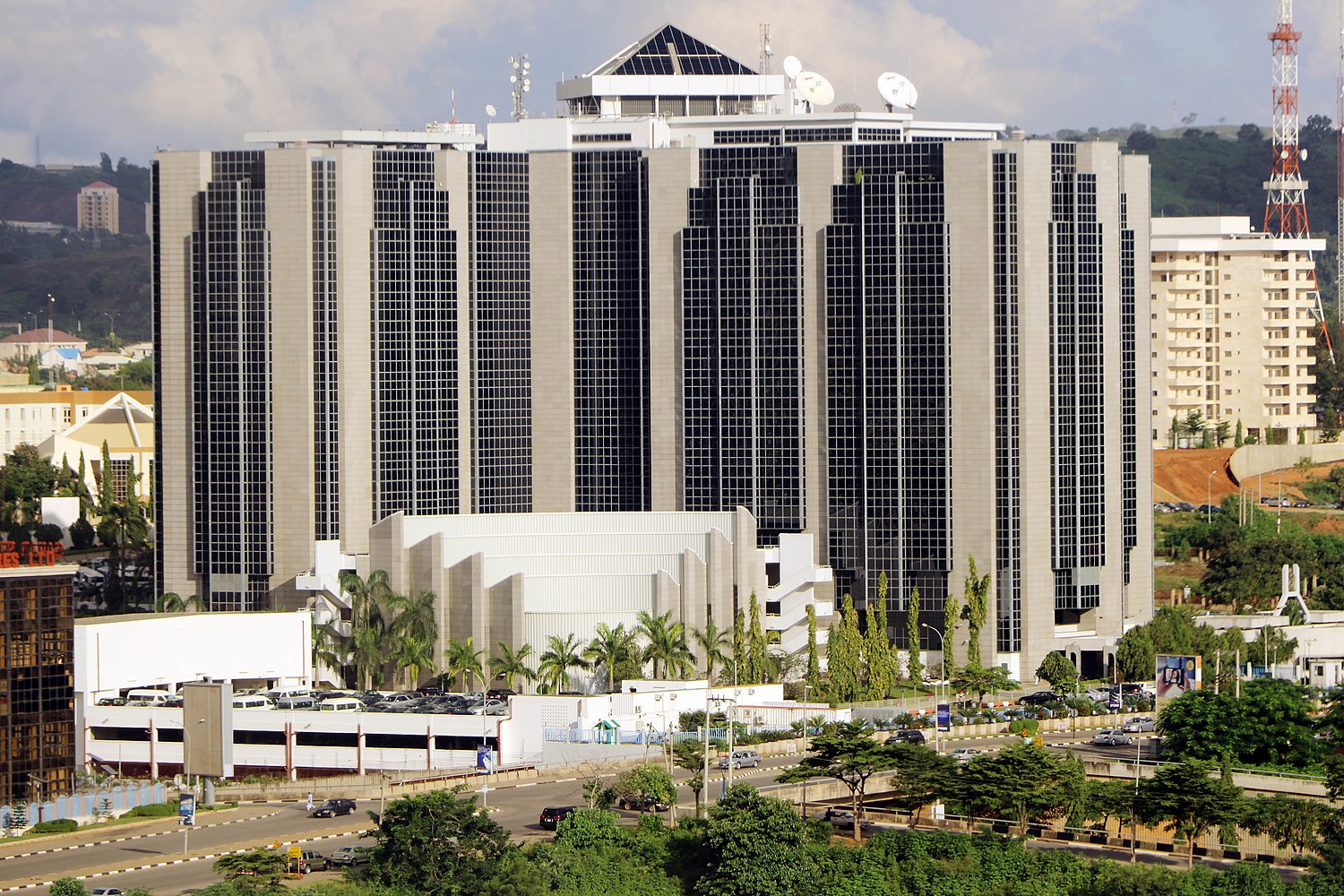The Central Bank of Nigeria (CBN) is planning to create a special foreign currency (FCY) gateway bank to streamline all correspondent banking activities. This was revealed by the CBN Governor, Yemi Cardoso, during a recent TV interview where he discussed strategies to address Nigeria’s forex challenges. One key element of the medium-term plan is the establishment of a Gateway Bank.
The idea behind this initiative is to bring together all correspondent banking activities that are currently dominated by two major banks. The aim is to improve the management of Nigeria’s international financial transactions and stabilize the forex market, which has been a challenge for the country.
This move is part of a broader set of reforms outlined by the CBN to enhance forex inflows and stabilize the Naira. Correspondent banking is crucial for facilitating international trade and economic activities, allowing domestic banks to operate and offer services across borders. Currently, this space is dominated by two major banks within Nigeria’s banking landscape.
However, it is not clear whether these two major banks are local or foreign, and the legal framework for creating a gateway bank remains uncertain. The proposed central gateway bank is expected to disrupt this concentration, bringing more efficiency and transparency to financial operations in line with global best practices.
The CBN Governor also highlighted the importance of adapting to the evolving landscape of digital finance. To keep up with the changes, the CBN is intensifying efforts to enhance surveillance and technological capabilities, particularly in monitoring cryptocurrency transactions.
In addition to these measures, the CBN is exploring innovative ways to incentivize individuals holding foreign currency outside the formal banking system. By encouraging the deposit of these funds into the banking system, the CBN aims to increase liquidity in the forex market. However, the success of such an incentivization program would depend on a strong legal framework ensuring compliance, security, and transparency.
Another significant aspect of the CBN’s medium-term strategy is the establishment of an Investor Relations Group (IRG), inspired by the successful framework used by the Philippines. The goal is to elevate Nigeria’s credit profile globally and position the country as an attractive investment destination. The IRG will play a crucial role in attracting foreign direct investments by enhancing investor communications and building stronger relationships with the international investment community, contributing to the economic resilience of the country.




